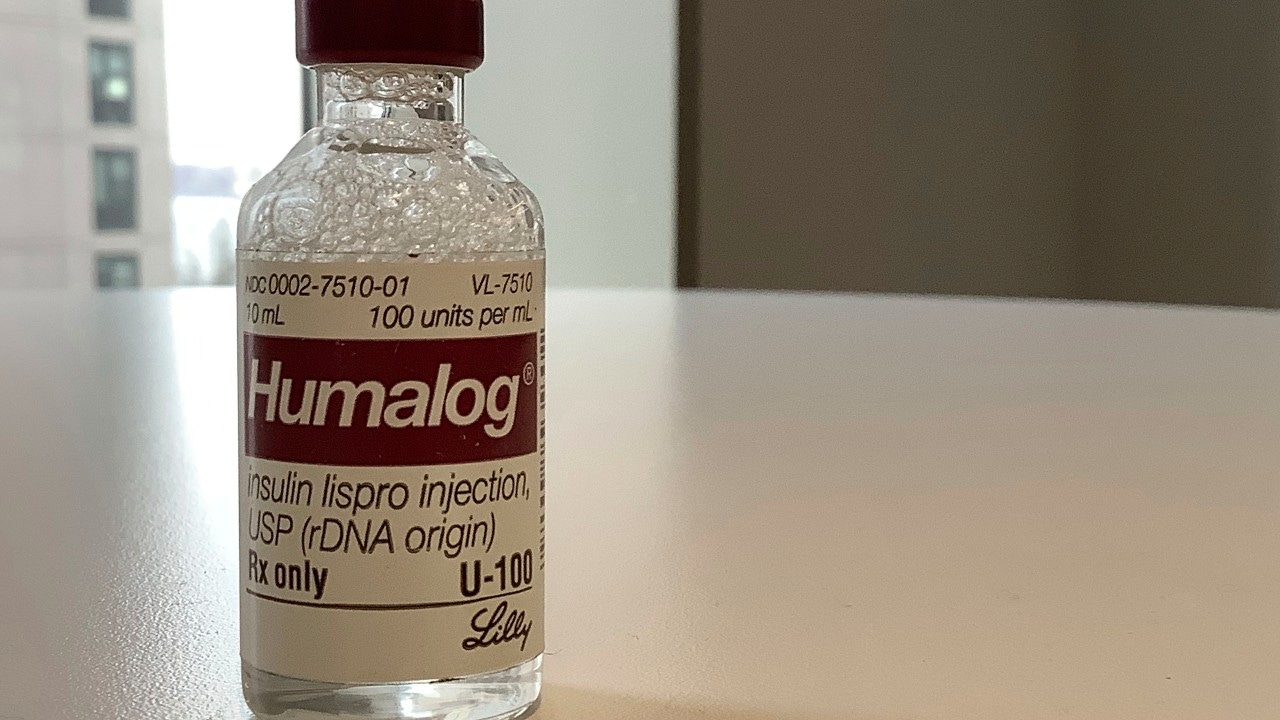Eli Lilly to cut list price, cap monthly costs of insulin
Pharmaceutical company Eli Lilly will cut the list price of its most prescribed insulin products by 70% by the end of the year and place an immediate $35 cap on patients’ monthly cost.
“The biggest highlight of this announcement is that it caps the out-of-pocket cost of insulin at $35 a month for patients,” University of Minnesota professor of pharmaceutical care and health systems Joel Farley said on Wednesday. “It’s an obvious benefit for patients that are currently, you know, paying the full price of the product. So, for some of the patients, this is a step in the right direction.”
Without considering the overall cost of treating diabetes, insulin can cost patients more than $1,000 a year.
“The cost of insulin has actually risen quite a bit over time,” Farley said. “And if you look at the list price of Humalog, it’s currently at $280 a month.”
That’s more than double the roughly $120 list price of the drug a decade ago — for the same product, without a significant change in manufacturing costs, Farley said.

Eli Lilly insulin (AP Photo/Pablo Salinas)
It’s a cost that Nicole Smith-Holt says cost her son, Alec, his life. He was 26 years old and recently phased off of Smith-Holt’s insurance when he went to the pharmacy for the first time on his own dime.
“He was asked to pay $1,300. So that was the cash price out-of-pocket to live 30 days,” Smith-Holt recalled.
Not able to afford his prescription, Alec left the pharmacy without it.
“[He] felt like he would be able to successfully do what one-fourth of all Type 1 diabetics do, and that was ration his insulin until payday.”
That ended up being a fatal experiment for the 26-year-old with a drug that the Minnesota Department of Health estimates between 130,000 and 160,000 Minnesotans rely on.
RELATED: Study shows up to 30 percent of Minnesotans with diabetes ration insulin due to costs
“Really, our $35 program will apply to everyone,” President of Lilly Diabetes Michael Mason responded to reporters during the company’s national announcement Wednesday morning.
“So in many ways, that likely is a response to some of that public pressure,” Farley said, referring in part to recent federal legislation which created a $35 cap on insulin for Medicare patients.
Eli Lilly’s products account for about 30% of the insulin market. Two other companies, Novo Nordisk and Sanofi, create much of the rest of it.
Asked if the other pharmaceutical companies will need to follow suit, Farley said, “I think it’ll be interesting to see what happens.”
“Patients may be driven to, you know, seeing their doctor to try and get on a product that’s cheaper for them with this announcement.”
Smith-Holt was instrumental in passing state law in Alec’s name that guaranteed a one-time emergency supply of insulin for those who can’t afford it. The Minnesota Alec Smith Insulin Affordability Act was a first-of-its-kind bill in the U.S.
“That’s not enough,” Smith-Holt said Wednesday. “You know, when we’re fighting for Alec’s Law to be passed, we were really lucky that the insurance companies that participate in the marketplace voluntarily reduced their copay cap … but there’s no law, again, to prevent them from changing their minds in a year or two.”
That’s her biggest concern over the news from Eli Lilly.
“That’s true,” Farley echoed. “They’re doing this on their own without any, you know, legislative requirements to make them do it. So that is a possibility.”
Eli Lilly claimed the $35 cap will be automatic for most insured patients. If not, or if you’re uninsured, executives said a savings card can be downloaded from their website to get that same $35 price.
In the meantime, Smith-Holt is back at the State Capitol in support of a bill that would cap the co-pay for not just insulin but for other chronic health needs, including EpiPens and inhalers.